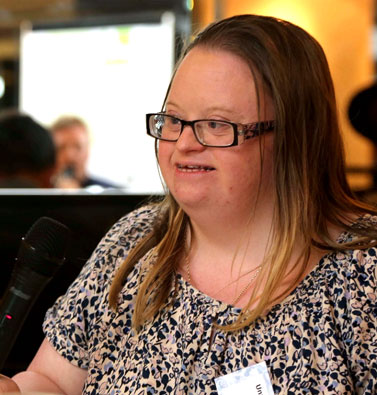Assisted Decision-making
The Assisted Decision-Making (Capacity) Act 2015 was signed into law in 2015. The legislation sets out a system of supports for adults who have difficulties with decision-making capacity. People who may need supports to make decisions include some people with an intellectual disability, mental illness or acquired brain injury or some people with age-related conditions affecting capacity. Anybody may need to use the provisions of the Act at one time or another.
The Assisted Decision-making Act is not yet commenced, it has not yet come into effect, but it guides best practise.
What is Ward of Court?
Ward of Court is a system of guardianship for adults where the courts have decided that the person does not have capacity to make decisions. The person becomes a ward of the court; the court is their legal guardian and decision-maker. It is currently the only form of legal guardianship for any adult.
The main purpose of Wardship is to look after the welfare and to protect the property of a person where this is considered necessary. The Office of Wards of Court is responsible for administering this process. The Court Service have produced a guide to the Ward of Court system.
- Courts Service Guide to Ward of Court
- For more information visit
Citizens Information – Wards of Court - Inclusion Ireland Easy to Read Guide on Wards of Court

The Decision Support Service
The Decision Support Service is set up within the Mental Health Commission and will oversee the implementation of the new Assisted Decision-making legislation.
View Details









